Beer lovers around the world exist by the dozen, by the millions actually. So, its no secret that the world surrounding this beverage is so traditional and widespread.
However, as we have seen, tasted and understood there are different type of beers and its process vary.
And, we have found out that Munich is home to one of the many craft beer festivals that are celebrated.
Craft Beer
Our first task was to define what craft beer is. It just so happens that it is an immensely difficult task because beer can be very subjective and personal experience but we can certainly try.

Craft beers are beers without additives or preservatives and without pasteurizing. They are alive and they are an evolutionary product, it changes on a daily basis with the presence of live yeast.
They are produced by a natural process from grain, malt, without using extracts or products other than water, yeast, hops and cereal to make the malt.
One of the great advantages of the craft beer sector is that there is no limit to the imagination. it only takes a bit of creativity to think about the flavour you would like to incorporate into a beer.
That being said, it is a must to mantain the basic stages of elaboration: maceration, cooking, cooling, fermentation (the first in a fermentor and the second in the same bottle) and packaging.
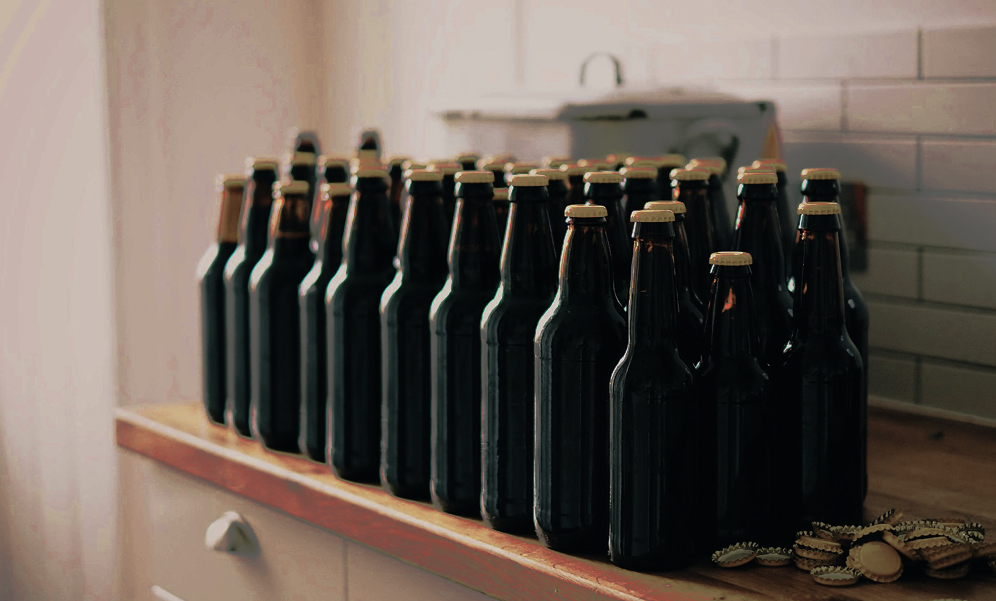
As it turns out, water is essential to the process. In fact, beer is made up of 95% water. The choice of water that will be used to make craft beers is determined by the properties that are needed: beer brewers must opt for the presence or absence of mineral salts, sulfates, chlorides, lime, etc.

If there is a destinctiveness in the taste of craft beers, it is the bitterness they have. And, the hops, is responsible for it.
Because of its antibacterial properties, it performs a function of liquid preservative. They contribute to the formation and retention of foam, provides dryness and acidity and it acts as a natural filter at the end of cooking.
The use of gelatinization boilers is not allowed, with the aim of obtaining extra sources of sugars from ingredients such as corn or rice. The gasification of the beer is done naturally during the second fermentation.
After establishing what a craft beer is and the process it has we have decided to visit the craft beer festival in Munich.
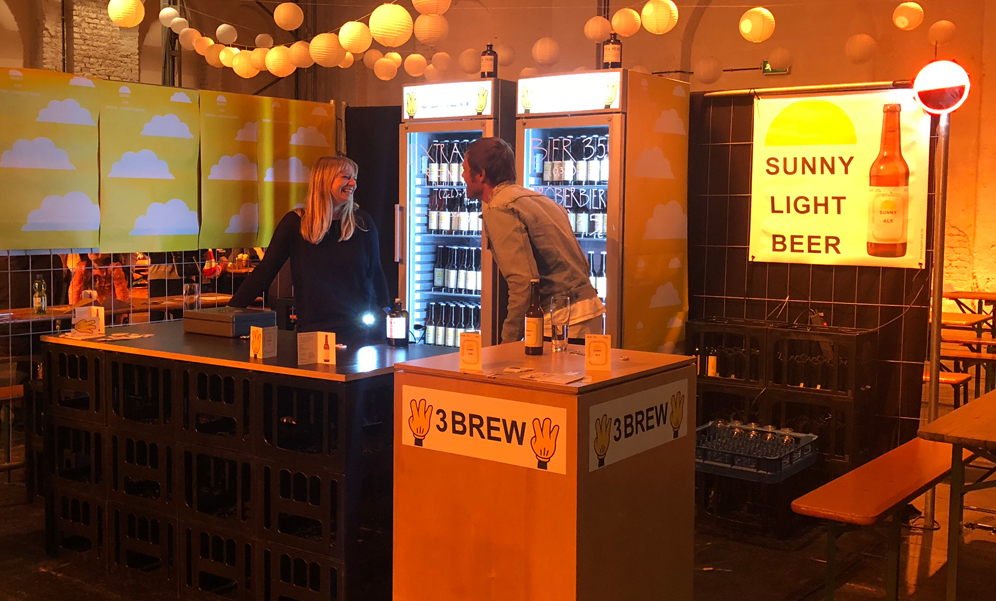
It is important to note that although a craft trend is emerging in some regions, but in Germany, traditionally independent breweries have been more widespread than in other parts of the world.
With an annual production of less than 200,000 hectoliters, breweries in Germany are favoured by a lower beer tax, which applies to around 95% of the breweries in Germany.
In 2010, Fritz Wülfing was the first in Germany to introduce the term Craft Beer to his Fritz-ales. This beverage company also tried to protect the trademark rights for the terms craft and craft beer.
We must say that a precise definition for craft beer does not exist in Germany. This is because the term can not be protected here as a word mark.
The brewery becomes a craft beer supplier not by a single beer, but by the whole philosophy of the brewery. At the beginning of 2017, the Association of German Creative Brewers e. V.
C.B.O.
So, this all sounded very interresting on paper but we wanted to check the festival for ourselves. I mean, he had gone to Oktoberfest so the idea of visiting a much smaller and artesanal festival was a great plan for us.

The CRAFT BEER OKTOBERFEST is said to round up artesanal breweries from Munich and the surrounding area bring you comfort instead of mass processing! Hand made beer from the master brewer freshly tapped!
On the 19th and 20th of October beer lovers had a new appointment. Two days packed with thrilling, flavorful beers, fabulous food, a stunning musical line-up and a tremendously good time.
We enjoyed several things from this beer festival. The first of them was that it wasn’t as crowded as Oktoberfest (obviously).
The second, was that the ambient was chill and there was no dress code. I mean, some people did show up in traditional dresses but most of the visistors where dressed very casually.
Children were allowed in the venue. To my surprise a lot of young parents showed up with their babies.
The street food factor and the music
A big plus for us was the street food factor. There was something for everyone.
Burgers, spare ribs and cinnamon rolls from Mrs. Smith. Here burger buns are baked according to Mrs Smith’s special recipe.
The beef is the best US beef, the spareribs were marinated by hand and cooked in the smoker for hours.
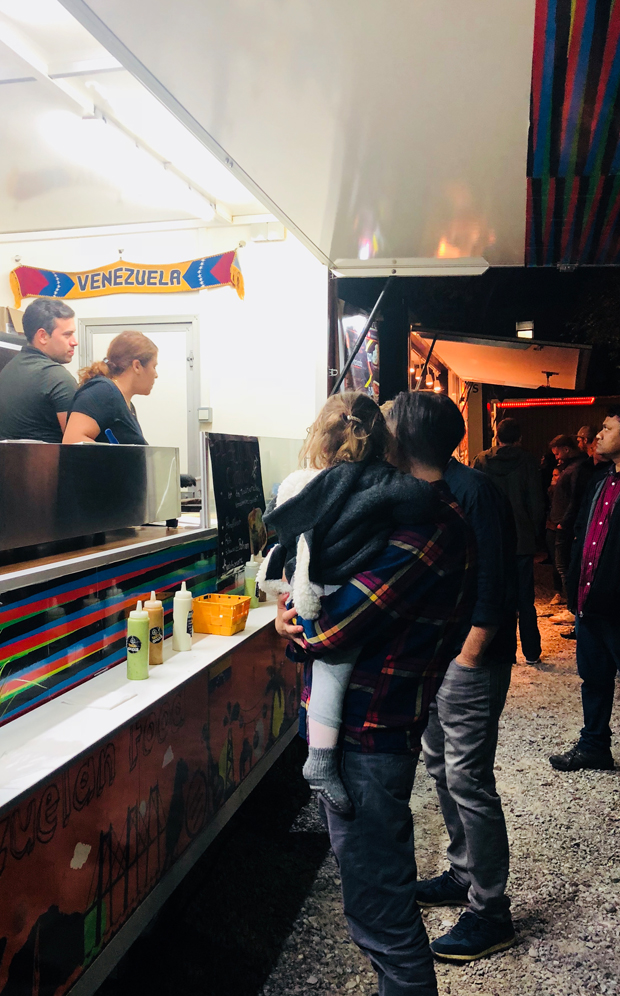
El Seco’s goal is to position the Ecuadorian gastronomy at an international level through emblematic dishes of the different regions of Ecuador. People can expect colors, smells and sounds of a distant continent.
My personal favorite was Hello Arepa, it definitely made me feel at “home”.
This are classics from Venezuela and Colombia: freshly baked corn rolls, which can be easily taken in hand and eaten comfortably on the go. The arepas filled with the best that South America has to offer.
Live music made the festival even better. People of all ages dancing.
Without music, the Craft Beer Oktoberfest would be a huge mistake. For this very reason, several excellent Munich bands and various DJs ensured a slightly different atmosphere. A bit of Funk, Soul, Rock n`Roll, Gypsy, Brass and Electro made the passing of the hours something more bearable and pleasant.
All in all there were fourteen small regional breweries who presented their high quality beers, crafted with love and passion.
Ten of the most sought-after food trucks roll in to cook you so you will not fall off the stool after the first “double IPA” and eight bands and TWO DJs.
The atmosphere
We decided to ask some of its visitors a few questions about it.
Solkes: Where are you from and is this the first time you visit this festival?
Saskia: I am from Germany, from Berlin. Its the second time I come.
Nico: I’m Colombian and its the first time I come to this festival.
Adolfo: I am from Mexico and this is the first time I come to this festival.
Julian: I am from Colombia and its my first time here.
Solkes: What do you think about it?
Nico: I liked it. There was good beer, food and music.
Adolfo: I thought it was good, interesting to visit.
Julian: I thought it was interesting, very different.
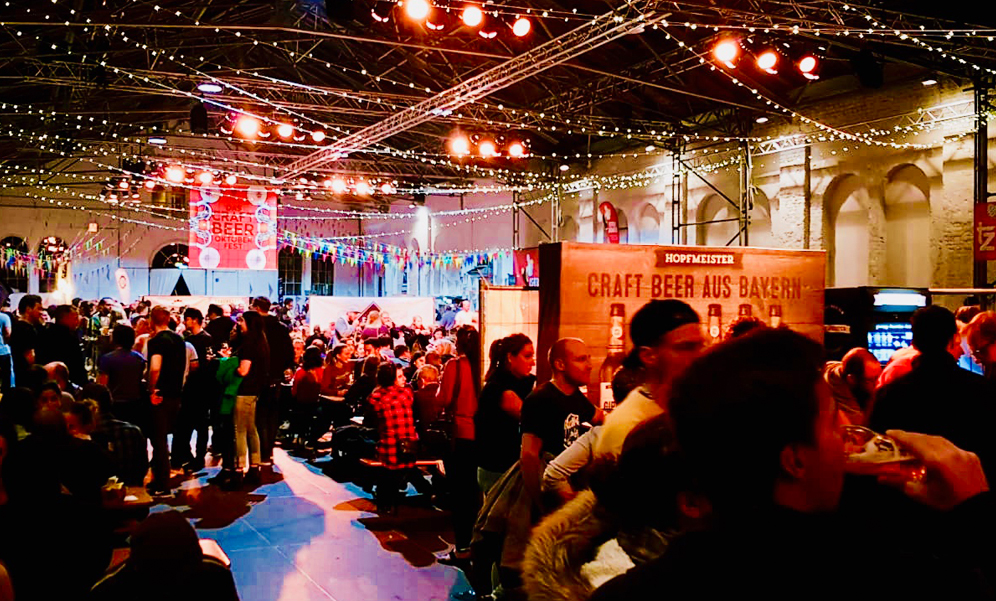
Solkes: What differences are there with Oktoberfest?
Saskia: There are many. Its a smaller venue with live music. Its only for two days and less crowded.
Nico: Many. The ambient is compeltely different.
Adolfo: It is a different event, i believe they are meant for differenet crowds. This one has a hipster vibe. I would recomend it to others.
Julian: Yes, totally hispter. Oktoberfest is more “generic”, meant for the masses.
The participants
The aim of this festival is to present different styles of beer, brewed with hand-picked ingredients of the highest quality, using masterful creative recipes and processes that involve a lot of manual labor. The essence of it all is the love for the product itself, and this is also what we focus on at the Craft Beer Fest Munich.
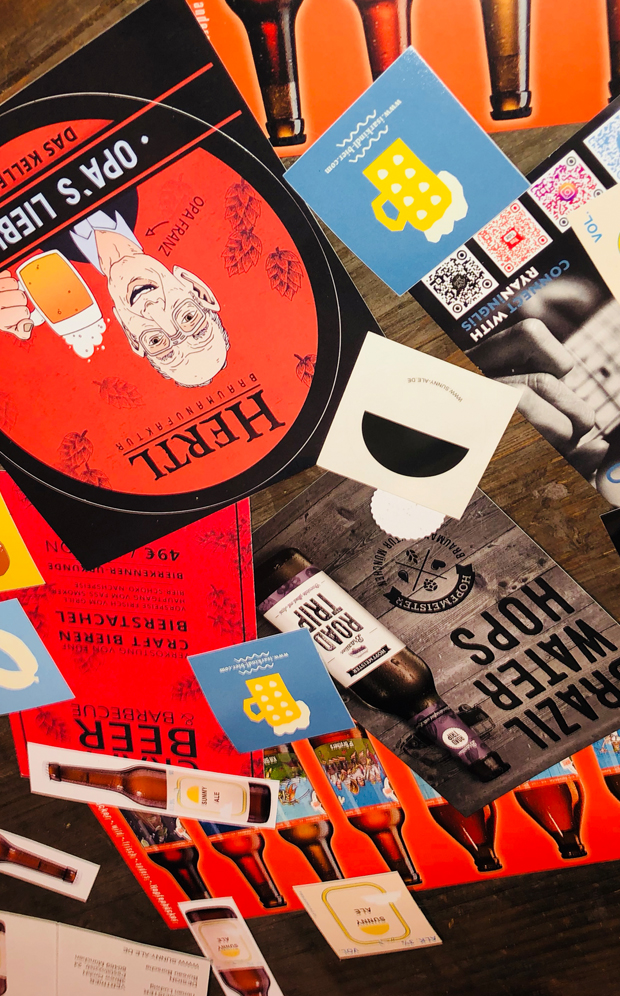
Some of the breweries that participated in this year event were the following:
Hoppebräu – Markus Hoppe founded his brewery in 2010.
Giesinger Bräu is very young and it is located in te heart of Munich. It was founded in 2006 by Steffen Marx and it makes typical Munich beers.
Munich Brew Mafia. They were founded by two beer-obsessed old friends, Dario Bieren and Niklas Dutch, based on creative, artisan brewed beers with a special character.
The Tölzer Mühlfeldbräu: It was founded in 2008. With traditional beers, crafted and newly composed as well as interesting, ever-changing craft beers, the Tölzer Mühlfeldbräu revives an old, glorious tradition that has become extinct over the years in Bad Tölz.
It is no secret that Munich, Germany is well known for beer. Munich is the birthplace for many of the most famous breweries and the biggest beer festival (Oktoberfest). Craft beer is an artesanal product. Its flavor, its color, its soothing effects… Good craft beer is one of the greatest pleasures of life.


